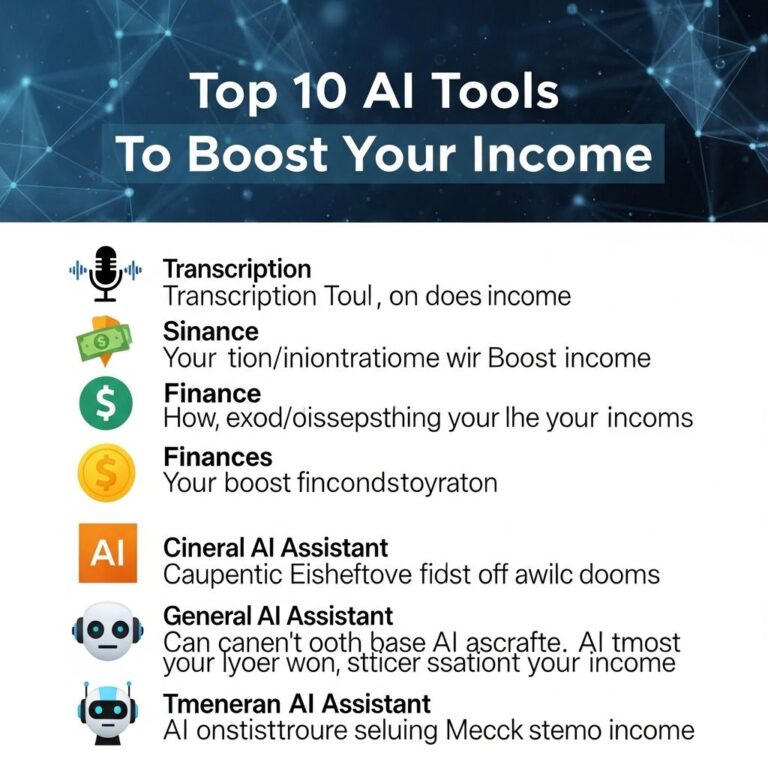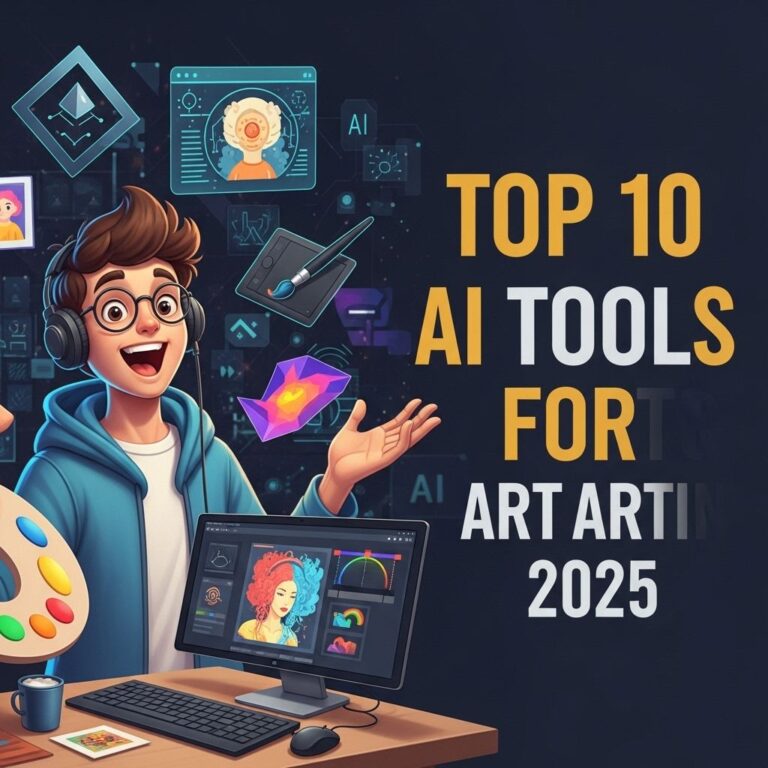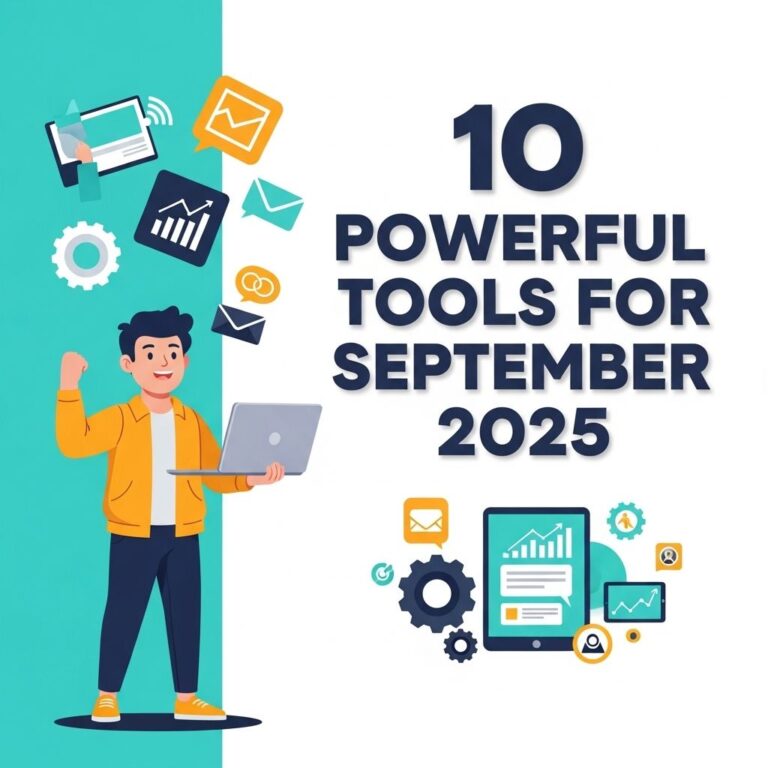In the rapidly evolving landscape of software development, integrating artificial intelligence into your coding practices has transitioned from a futuristic concept to a present-day necessity. The advent of advanced AI prompts has opened up an array of possibilities for developers, enabling them to enhance their efficiency, creativity, and problem-solving abilities. In this article, we will explore how to effectively leverage AI prompts to supercharge your coding endeavors in 2025.
Table of Contents
The Rise of AI in Software Development
Artificial intelligence has become a game-changer in various domains, and software development is no exception. With tools powered by machine learning and natural language processing, developers can now:
- Generate code snippets quickly.
- Receive real-time feedback on their code.
- Automate repetitive tasks.
- Simplify debugging processes.
Key Benefits of Using AI Prompts
Utilizing AI prompts in your coding workflow can lead to several significant advantages:
- Improved Productivity: AI tools can complete mundane tasks, allowing developers to focus on more complex problems.
- Enhanced Code Quality: Automated suggestions can help prevent common coding errors.
- Rapid Learning: Developers can learn new programming languages and frameworks faster with AI-driven examples.
- Collaborative Development: AI can aid in team collaboration by generating documentation and offering coding best practices.
Types of AI Prompts for Developers
AI prompts can be categorized based on their functionalities. Here are some popular types:
1. Code Generation Prompts
These prompts help developers generate boilerplate code, functions, and entire applications. Examples include:
| Tool | Description | Best Use Case |
|---|---|---|
| GitHub Copilot | An AI-powered code completion tool that suggests code snippets in real-time. | Writing repetitive code structures. |
| OpenAI Codex | A language model that translates natural language prompts into code. | Generating code from detailed specifications. |
2. Debugging Assistance
Debugging can be time-consuming, but AI prompts can streamline the process by identifying errors and suggesting fixes. Some notable tools include:
- DeepCode: Analyzes codebases and provides suggestions for potential bugs.
- Tabnine: Offers real-time code completion and error detection.
3. Documentation Generation
AI can help create and maintain documentation, which is often overlooked in development cycles. Useful tools include:
- Doxygen: Generates documentation from annotated source code.
- Swagger: Creates interactive API documentation automatically.
How to Effectively Use AI Prompts
To maximize the benefits of AI prompts, consider the following best practices:
1. Clearly Define Your Goals
Before using AI prompts, articulate what you aim to achieve. Whether it’s speeding up the coding process or improving the quality of your software, having clear objectives will guide your interactions with AI tools.
2. Provide Contextual Information
When issuing prompts to AI, provide as much context as possible. Detailed instructions can yield better responses. For instance:
- Specify the programming language and frameworks.
- Include examples of existing code or expected output.
- Outline constraints or specific requirements.
3. Review and Refine Suggestions
While AI can generate useful code snippets, always review the output for quality and relevance. Remember that AI suggestions are based on learned patterns, which may not always fit your unique requirements.
4. Combine AI with Human Insight
AI should complement, not replace, human intuition and creativity. Use AI prompts as a starting point and apply your expertise to refine and enhance the results.
Future Trends in AI-Assisted Coding
As we look ahead to 2025 and beyond, several trends are beginning to emerge in AI-assisted coding:
1. Increased Personalization
AI tools will become more adept at understanding individual developer preferences, leading to tailored suggestions that align with specific coding styles and project requirements.
2. Enhanced Collaboration Features
Future AI tools will likely offer improved collaborative features that allow teams to work together seamlessly, regardless of their locations. Real-time coding suggestions that consider team coding standards could revolutionize collaborative coding practices.
3. Broader Language Support
As AI tools evolve, they will encompass a wider array of programming languages and frameworks, making them accessible to more developers across different domains.
Conclusion
Incorporating AI prompts into your coding workflow is no longer a luxury but a necessity for staying competitive in the tech landscape. By effectively leveraging these tools, developers can enhance productivity, improve code quality, and ultimately deliver better software solutions. As AI technology continues to advance, embracing these innovations will be crucial for any developer striving for excellence in their craft.
FAQ
What are AI prompts and how can they enhance my coding?
AI prompts are suggestions or instructions generated by artificial intelligence to help streamline coding processes, improve efficiency, and inspire creative coding solutions.
How can I integrate AI prompts into my development workflow?
You can integrate AI prompts by using AI-powered code assistants, plugins, or tools that provide real-time suggestions and improvements as you code.
What programming languages can benefit from AI prompts?
AI prompts can benefit a wide range of programming languages, including Python, JavaScript, Java, C++, and more, enhancing productivity across various development environments.
Are AI prompts suitable for beginners in coding?
Yes, AI prompts are especially useful for beginners as they can provide guidance, reduce the learning curve, and help in understanding best practices in coding.
How do AI prompts improve code quality?
AI prompts can help identify potential errors, suggest optimizations, and enforce coding standards, ultimately leading to cleaner and more maintainable code.
What trends can we expect in AI prompts for coding by 2025?
By 2025, we can expect AI prompts to become more intuitive, personalized, and context-aware, providing even more tailored suggestions to developers based on their unique coding styles and projects.









